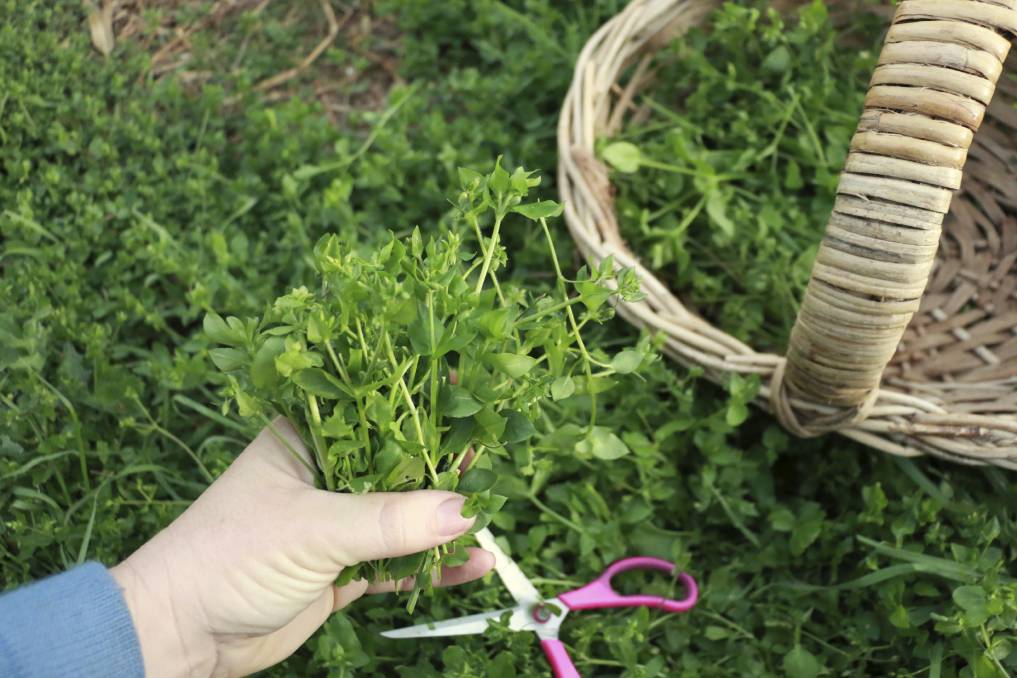The use of common chickweed as a treatment for wounds was first recorded in the 16th Century which was a period of vigorous economic expansion for history. This era was the beginning of the modern era of science and exploration. Over time, the herb Chickweed was embraced as a “blood cleanser” and natural medicine that has helped treat different ailments such as constipation, asthma, respiratory illnesses, peptic ulcers, menstrual pain, and scurvy. This plant is native to Europe, but it is now widely naturalized.
Characteristics of Chickweed
The common chickweed or Stellaria media, which is also known as stitchwort, belongs to the Caryophyllaceae family. This plant has smooth stems, light green leaves that range in length with small flowers that consist of 5 petals that give off the appearance of 10 petals, and a shallow fibrous root system. The fruit of Chickweed is oval in shape and whitish in color. It can grow up to 18 inches, but it is usually a low-growing weed in mowed lawns.

Modern Medicinal Value of Chickweed
Chickweed is edible and nutritious, it can be enjoyed raw or cooked as a vegetable. This herb when brewed as tea is a refreshing alternative for coffee and a great substitute for those with a caffeine sensitivity. Below are some of the benefits one may get from it:
-
It could promote weight loss
Chickweed can have the benefit of acting as a diuretic, helping to flush out water weight from stored deposits. The saponins Chickweed have been linked to studies that see prevention in weight gain and increase of fat cells in the body, this tea is also believed to help improve the metabolism by supporting healthy thyroid function.
-
It is a possible source of plant calcium
Chickweed contains a number of nutrients, one of them being calcium, which is usually found mostly in dairy products, Chickweed provides a great plant-based alternative. Chickweed has been found to be rich in not only calcium but also iron, magnesium, phosphorus, and potassium. Therefore, it can help keep the bones and teeth healthy.
-
It is high in vitamin B complex
B vitamins are important for maintaining many pillars of good health, B vitamins offer a long list of health benefits and are essential for good health. B vitamins are water-soluble, meaning the human body does not store them well, for this reason ensuring daily intake of these is important. The common chickweed is a good source of vitamin B complex, vegetarians and vegans, in particular, can benefit from this tea.
-
It is rich in vitamin C and other antioxidants
At Tea Life, we literally say that a cup of Chickweed tea can help keep the doctor away. Chickweed is rich in powerful antioxidants, vitamin c, and zinc which boost the immune system and can help to lower the risk of infection, reduce the risk of cancers, and protect cells in the body from free radical damage. Whilst the fountain of youth is fictional, one can live longer by choosing to live and eat healthily.
-
It can help rejuvenate the skin
When applied topically, chickweed can offer a cooling and drying effect on wounds. Imagine what it could do to the skin when it is drunk as a tea, health starts from the inside out. Oxidative stress often breaks down collagen which supports skin to stay firm and keep elasticity, which is why the antioxidants in chickweed are great at helping to fight oxidative stress.
The chickweed plant is more than a common weed. It provides the body with much-needed vitamins, antioxidants, and minerals and can also increase the body’s ability to absorb nutrients. Chickweed's medicinal benefits have benefited many people, it would seem not all weeds are made the same, the chickweed herb could outshine them all.


Share:
Chaste Tea - Ancient, Traditional, and Modern Benefits
Chicory Root Tea - Ancient, Traditional, and Modern Benefits